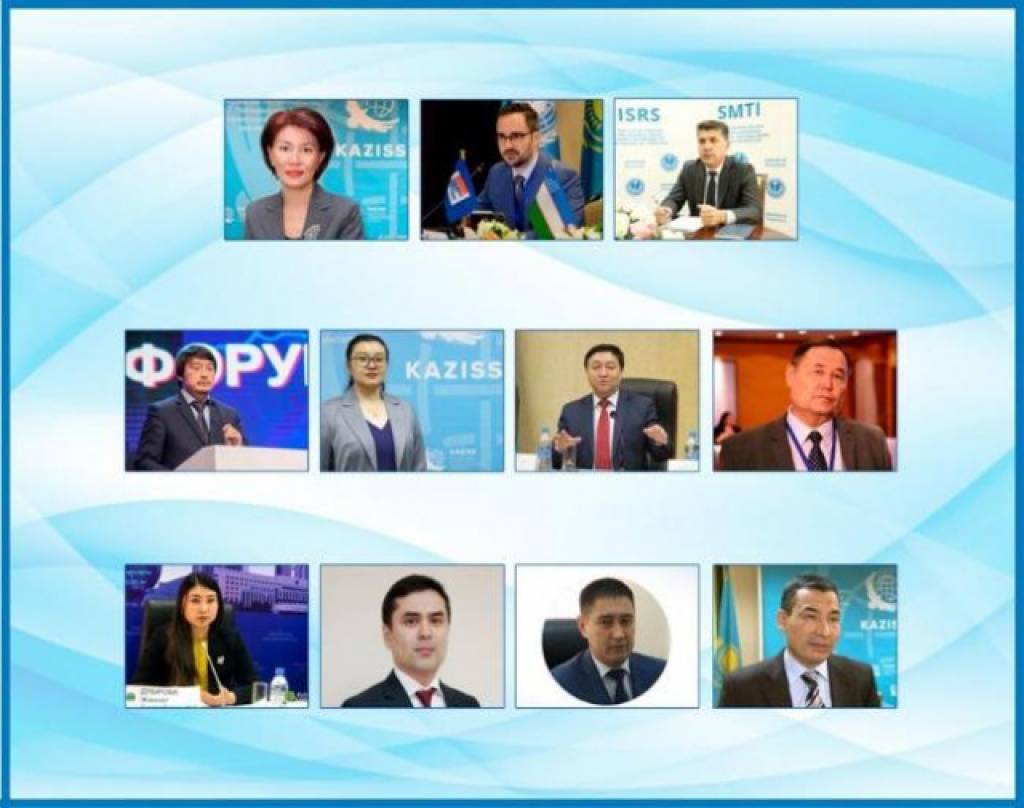ISRS: Dialogue between the authorities and people is a key indicator of a democratic rule of law

On October 14, an international online conference was held on “From a “listening state” to a “fair state”.
On October 14, an international online conference was held on “From a “listening state” to a “fair state”.
The event, organized by Kazakhstan Institute for Strategic Studies under the President of the Republic of Kazakhstan jointly with Friedrich Ebert Foundation, was attended by representatives of state authorities and administration, the research community of Kazakhstan, Germany and Uzbekistan.
Participants of the discussion exchanged experience on effectively building a dialogue and constructive interaction of state bodies with the population, creating conditions for citizens to participate in managing the affairs of society and the state.
Addressing the conference, A. Nematov, First Deputy Director of the ISRS under the President of the Republic of Uzbekistan, presented the country’s experience in creating and organizing the activities of people’s reception offices of the President of Uzbekistan.
According to the ISRS representative, the people’s receptions of the President ensure the effective functioning of the state system for considering citizens’ appeals, coordinate and control the activities of all state authorities and administration to maintain a direct dialogue with people, timely identify and promptly resolve the urgent problems of citizens at places.
The most important thing, as the expert noted, today the people’s reception offices have become an effective and powerful tool for ensuring coordinated interaction of all branches of state power in the implementation of the powers of the President as a guarantor of the rights, freedoms and legitimate interests of the country’s citizens.
A. Nematov emphasized that the presence of effective channels of strategic communication between state bodies and the population is a key indicator of a democratic rule of law, as well as an important condition for ensuring sustainable, stable and progressive development of the state and society.
Director of Kazakhstan Institute for Strategic Studies, Z. Shaukenova, presenting the concept of a “listening and fair state”, initiated by the President of Kazakhstan Kassym-Jomart Tokayev, noted that its main essence lies in the prompt and constructive response of the state to the requests of citizens and the solution of pressing problems of the population in interaction with society. This, in her words, is an important condition for strengthening citizens’ confidence in the state governing institutions.
Regional Director and Resident Representative for Kazakhstan and Uzbekistan of the Friedrich-Ebert-Stiftung (FES), Christoph Mohr, spoke about the experience of Germany in building a dialogue between the authorities and the population, noting that this model of interaction between the state and society is based on the principles of justice, solidarity, respect for human rights and freedoms, which are universal values.
At the conference, the participants also considered various practices of organizing a dialogue between government bodies and the local population. It was emphasized that the key principles of effective interaction between state bodies and the population are increasing the level of accessibility of state bodies, their openness and readiness for dialogue with the population, as well as the involvement of citizens in the process of decision-making and implementation.








